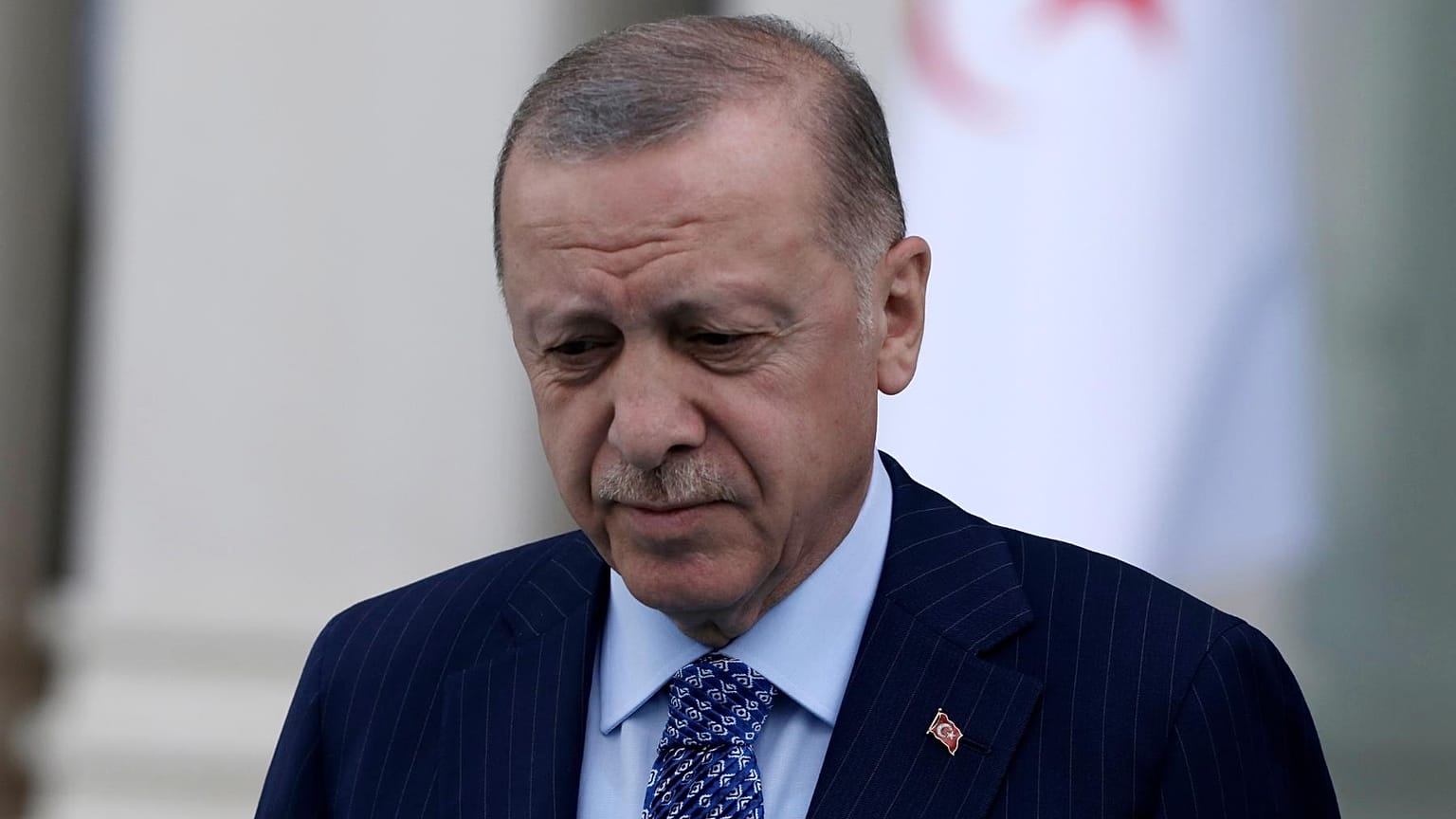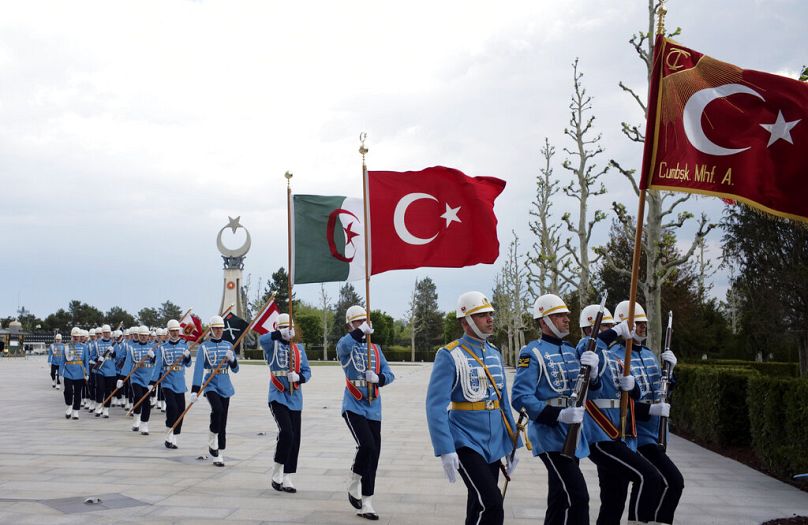NATO envoys failed to reach a consensus on Wednesday on whether to start membership talks with Finland and Sweden, as Turkey renewed its objections.
The Turkish government's assertion that they have issues agreeing to let Finland and Sweden join NATO has raised eyebrows in Helsinki and Stockholm in a week where the Nordic nations are submitting historic letters requesting NATO membership.
 ADVERTISEMENT
ADVERTISEMENT
 ADVERTISEMENT
ADVERTISEMENT
All 30 members of the military alliance must agree on admitting new members.
But Turkish President Recep Tayyip Erdoğan described Finland and Sweden as a "hatchery" for terror groups.
At the same time, Foreign Minister Mevlüt Çavuşoğlu said both countries must provide explicit security guarantees and lift export bans on some defence sector goods to Turkey.
"Our stance is perfectly open and clear. This is not a threat -- this is not a negotiation where we're trying to leverage our interests," Çavuşoğlu said.
The leader of a Turkish nationalist party also spoke out, saying that NATO’s expansion to include Sweden and Finland would provoke Russia and cause an expansion of the war in Ukraine. He urged Turkish lawmakers to keep both countries in "NATO's waiting room."
PKK as 'core national security concern'
Other NATO members have sought to downplay the Turkish threats -- and the Finns have been characteristically diplomatic about working out an amicable solution to any possible impasse.
So what is behind the Turkish threats, and what is Erdoğan's possible end game here?
Dr Paul Levin, the founding director of the Stockholm University Institute for Turkish Studies, told Euronews he thinks Turkey's primary concern is the presence of PKK activists in Sweden.
"What Turkey perceives as threat of PKK is the core national security concern in Turkey. Sweden doesn't quite share the same perspective on that threat," said Levin.
"So you know it is sort of natural opportunity, when Sweden now wants to join NATO, for Turkey to state its position and demand that Sweden sort of takes that into account."
However, Dr Levin also thinks there are domestic considerations for Erdoğan, with an eye toward elections in summer 2023 and speculation it could be brought forward to this autumn.
"Erdoğan is not doing well in the polls. He looks to be losing. This could also be something that lays well to a larger Turkish audience," he added.
While there is indeed a large Kurdish diaspora in Sweden and other Nordic countries, PKK has been classed as a terrorist organisation there, and it is not allowed to operate freely. So it is unclear how Erdoğan's insistence on a crackdown on "Kurdish militants" in Sweden would actually happen.
YPG the stumbling block
Sinan Ülgen, a former Turkish diplomat and Director of Istanbul-based think tank Centre for Economics and Foreign Policy Studies, says that in the end, he doesn't believe Turkey will, in fact, block Swedish and Finnish membership entries but that it might want to extract a price for agreeing to let them into NATO.
"In my opinion, Turkey has legitimate demands. For example, Sweden should lift the arms embargo against Turkey. It is not reasonable to be a NATO country and impose an arms embargo on another ally within the same alliance," he told Euronews.
This is a point that Dr Levin also raises, noting that Turkey wants F-16s and to be allowed access to the American F-35 project again after being excluded for buying a Russian missile system.
Ülgen also thinks the Turks will ask Sweden to be more active against the PKK and "stop providing weapons and financing to the YPG," a group that Ankara views as being under direct PKK control.
Both Dr Paul Levin and Sinan Ülgen think there will be some form of negotiations between the three countries and possibly other NATO members as well, even though Erdoğan said there was no point in teams of diplomats from Finland and Sweden travelling to Turkey for discussions.
Former White House official and US diplomat Matthew Bryza says Turkey embraces the strategic significance of wanting to bring Finland and Sweden into NATO – but argues Ankara is justified in using a golden opportunity to bring an issue close to its heart to global attention.
“It would be unwise to underestimate how angry the top of the Turkish government is, and common Turkish people, about the fact that an organisation that is recognised by the EU itself as terrorists, the PKK, finds safe haven in both Sweden and Finland,” he told Euronews Tonight.
But he adds, he does not think Turkey will block their accession to NATO, but is rather seeking concessions.
“It’s absolutely clear in Ankara that getting Sweden and Finland into NATO is of historic deep strategic importance to the entire alliance, and I think Turkey, at the end of the day is going to want to find a way to say yes.”
Watch the interview with Matthew Bryza in the video player at the top of the article.















